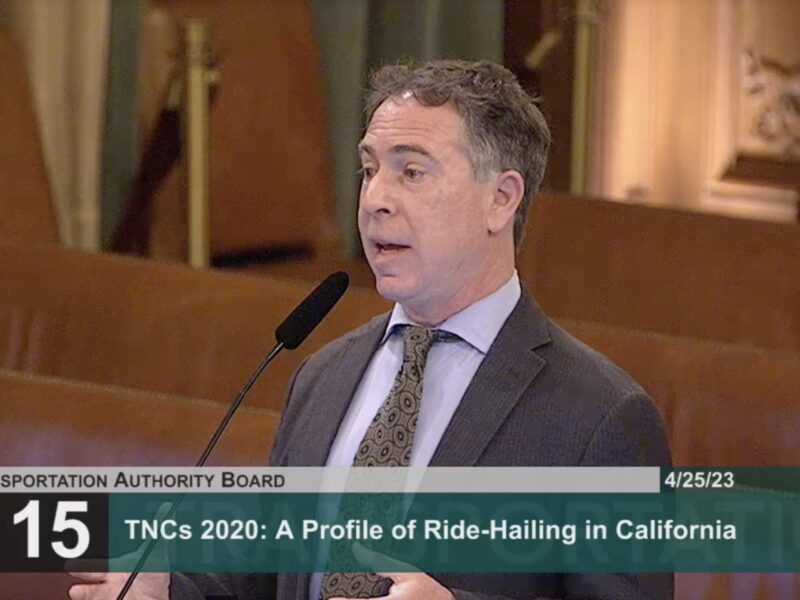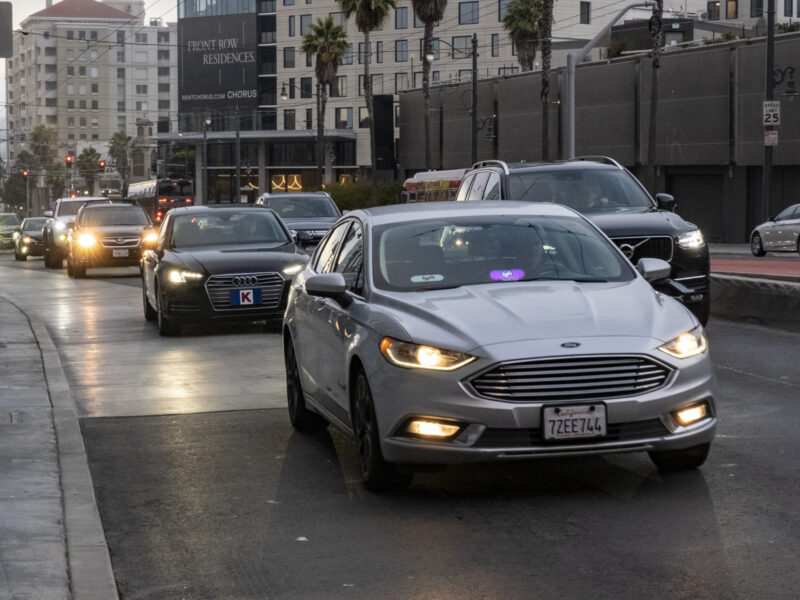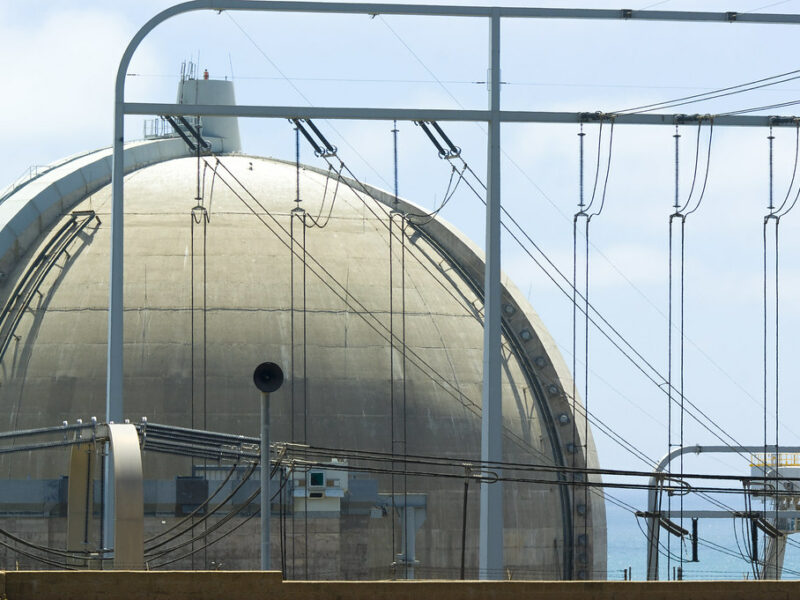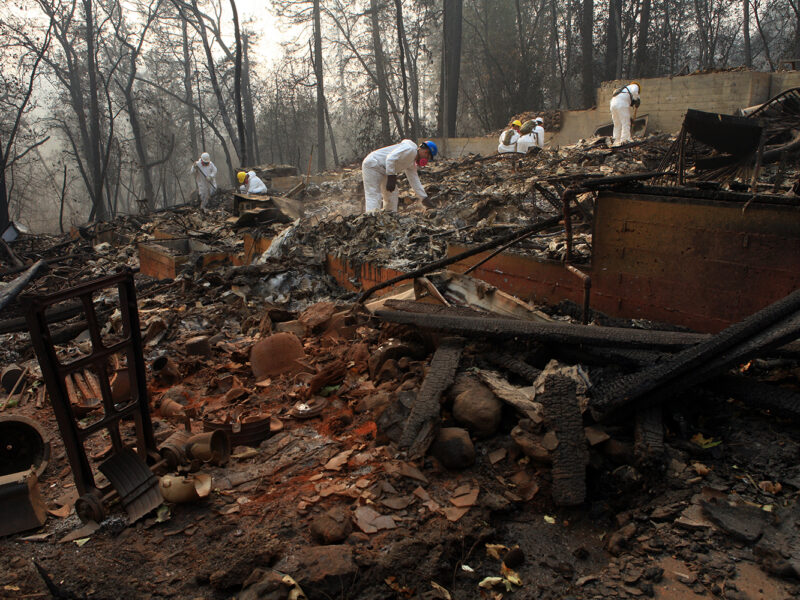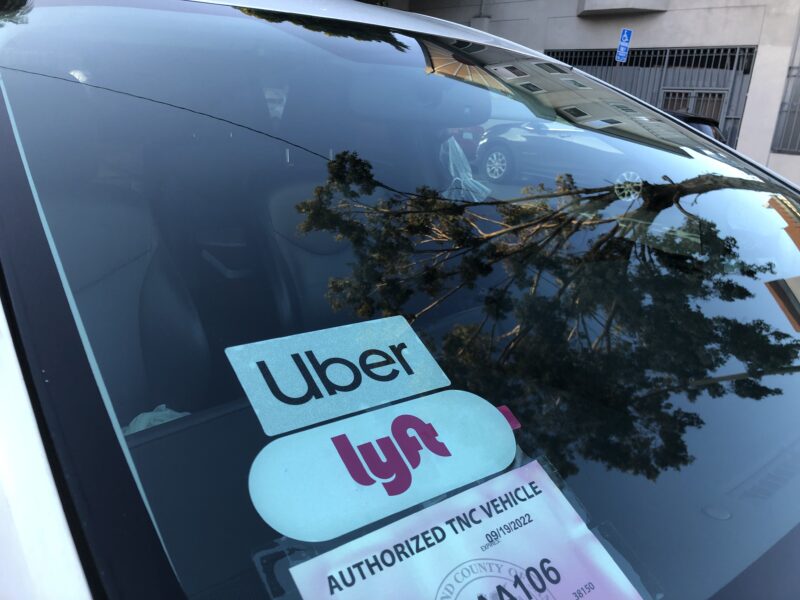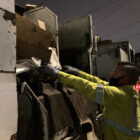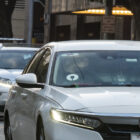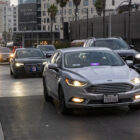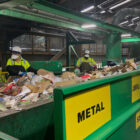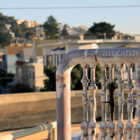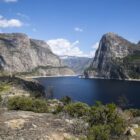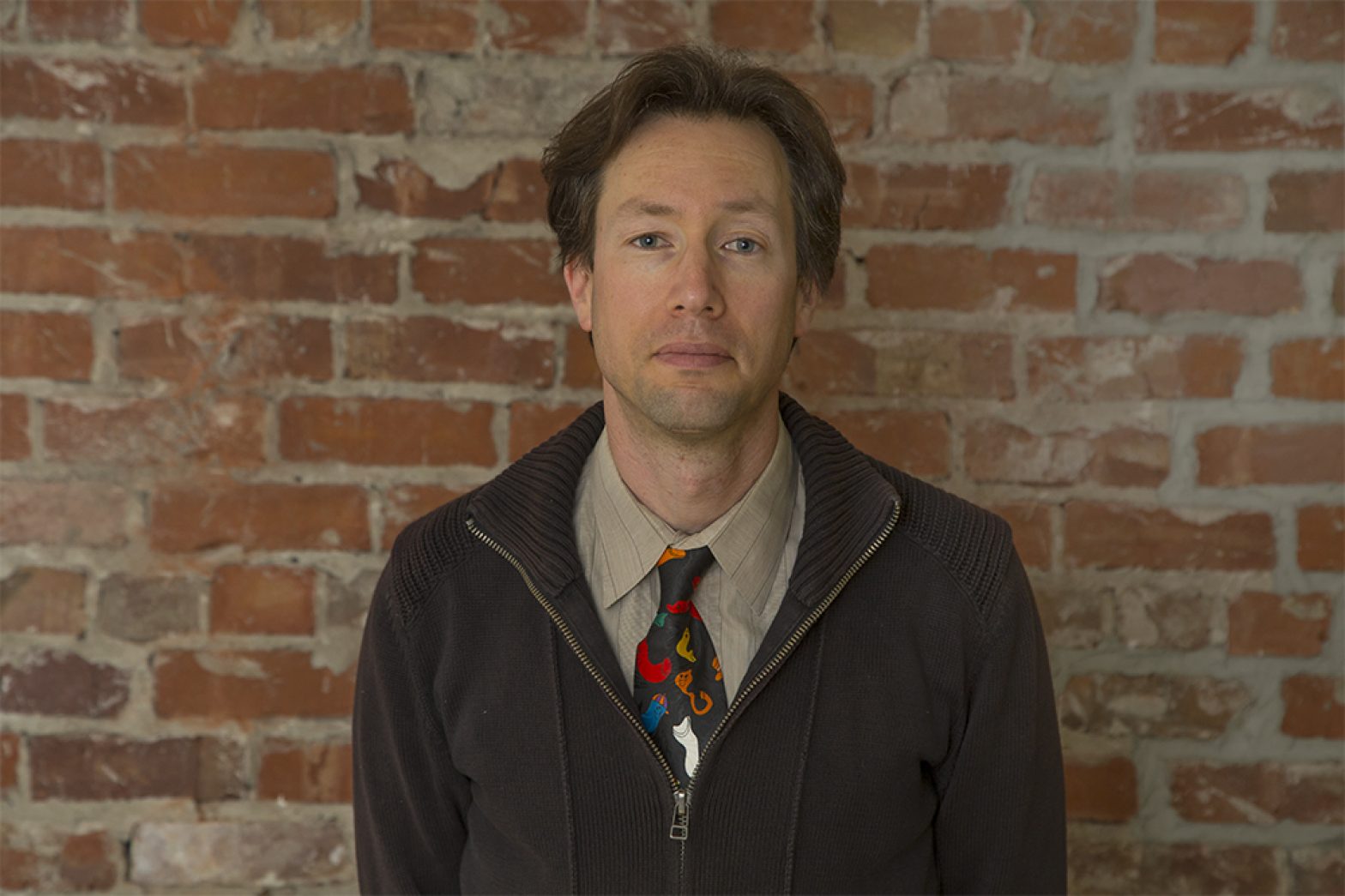05.05.2021
|
By Laura Wenus, Reporter & Host for "Civic"
In an effort to keep certain buildings from collapsing during an earthquake, thousands have received city-mandated seismic retrofits. But as Joe Eskenazi, managing editor at Mission Local, revealed in a recent special report, some of these upgrades left gas lines encased in concrete, which raises concerns about post-quake fires or explosions.
“The real problem is if it breaks and the gas leaks out inside the building, where it’s leaking out quote-unquote under slab,” meaning under the concrete foundation. “Then all you need is some manner of spark, and then you have an explosion,” Eskenazi told “Civic.”
It’s unclear how many of the 4,000 retrofits completed in the city have potentially problematic encased gas lines, which makes it difficult to measure exactly how catastrophic the aftermath of an earthquake could be. “If even just a small percentage of the retrofits have a problem like this in an earthquake situation, that could be a significant number of fire risks throughout the city,” Eskenazi said. “Even a small portion of these having this risk could lead to a terrible situation following an earthquake, because all the emergency services are going to have enough to do after an earthquake.”
In a second special report, he surfaced complaints that engineers have been making for years about shoddy construction work on such retrofits, which they allege were brushed off by the building inspection department.
